We did not ask for this freedom: Voices of farmers from beyond Punjab, Haryana
Thu 24 Sep 2020, 15:15:40
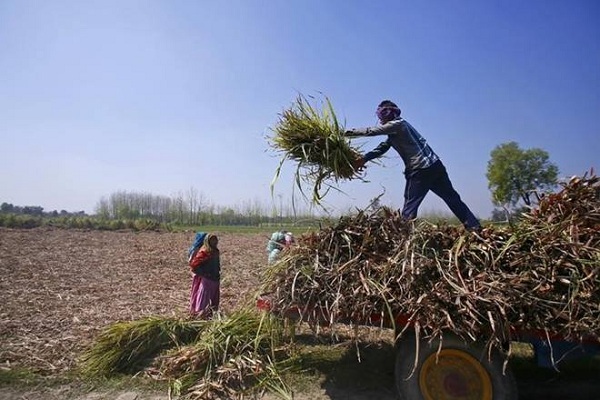
In a historic rejig, the government has enacted a new set of laws which seeks to liberalize farm trade, give freedom to farmers to sell their produce outside regulated mandis and enter into contracts with buyers at a pre-agreed price, in the hope that free markets will help growers receive better prices. For over a month now, farmers in Punjab and Haryana have vehemently protested these new laws, fearing it
will weaken the existing minimum support price (MSP) regime and leave them to market forces.
But what do farmers outside Punjab and Haryana think about the new laws? Mint spoke with five farmers from different states, ahead of the country-wide protests scheduled for 25 September. Here is what they had to say:
Durjan Singh Patel, Jabalpur, Madhya Pradesh
The government is saying the new laws will give us freedom to sell anywhere. I am not clear as to what I can do with this freedom. If the mandi system collapses, where will we sell our crops? I am unable to understand why huge private companies will pay us more than what we are getting now. Instead of this freedom, our Prime Minister should have ensured that MSPs (minimum support prices) are not just on paper. Every year you increase MSP, but do not purchase. What is the use of announcing MSPs? I have to sell my maize now; the market price is Rs800-Rs900 per quintal, less than half of the MSP (Rs1,850 per quintal), and prices of diesel and fertilizers have increased so much. As a small farmer, I am also worried that (after changes to the Essential Commodities Act) there will be hoarding by traders and I will have to spend more on food items which I do not grow.
Deepak Pagar, Nashik, Maharashtra
Bharosa toot gaya (My trust is broken). In June when the ordinances were brought in to free us from the shackles of local traders, I celebrated by distributing sweets. Three months later, the government suddenly imposed a ban on export of onions. For months during the lockdown we sold onions at a loss, and just when prices were looking up, exports were banned. It was like, the government removed our hand-cuffs (promising unfettered market access) and then put shackles on our feet.
Kannaiyan Subramaniam, Chamarajanagar,
Karnataka
Karnataka
Currently we are selling only 30-40% of our produce in regulated APMC markets. We need more APMC markets closer to the farm gate and more buyers in these markets and more transparency in transactions. We did not ask the government for freedom. This freedom is for large corporate buyers to purchase in bulk, bypassing the mandi system. I have the experience of selling my perishable produce to corporate buyers. They don’t pay a rupee more than the prevailing market rate. The new system will replace the large number of intermediaries (in the agri supply chain) with a few big players. I can fight and argue with local traders, these corporate buyers don’t even pick up their phones. Initially, start-ups, which have received lot of investments will enter, and later they will be acquired by large companies. It is sad that the state is withdrawing from its regulatory role, and even gave up its powers under the Essential Commodities Act (to impose stock limits on trade during rise in retail prices). This will hurt consumers as well.
P. Chendil Kumar, Cuddalore, Tamil Nadu
In principle, I think the laws are beneficial for farmers. But the government should have discussed it in detail inside the Parliament. In my state we are free to sell our produce outside mandis. So farmers are not protesting here. Paddy growers here usually receive prices close to the MSP. But vegetable and fruit prices are very volatile. At times we cannot even recover the cost of transporting the produce. I am not sure if the new laws can solve this problem.
Ranjit Singh Raju, Sri Karanpur, Rajasthan
We have decided to protest against the new laws with all our might. The government is leaving us to big companies and going back on its promise of MSP. Our crops of moong, cotton, bajra and maize are ready to hit markets, but every crop is selling at less than support prices. Today, due to low crop prices and higher input costs, we are sinking in debt. By making trade free of taxes and fees, the government is paving the way for one nation-two markets. Farmers cannot bargain on prices now, but at least we have the mandis to fall back on. The new bills will lead to chaos. Nobody will know what prices are being offered outside. This is not freedom for farmers. This is setting the stage for our chutti (freedom from farming).
No Comments For This Post, Be first to write a Comment.
Most viewed from National
Most viewed from World
AIMIM News
Latest Urdu News
Most Viewed
May 26, 2020
Is it right to exclude Bangladesh from the T20 World Cup?
Latest Videos View All
Like Us
Home
About Us
Advertise With Us
All Polls
Epaper Archives
Privacy Policy
Contact Us
Download Etemaad App
© 2026 Etemaad Daily News, All Rights Reserved.


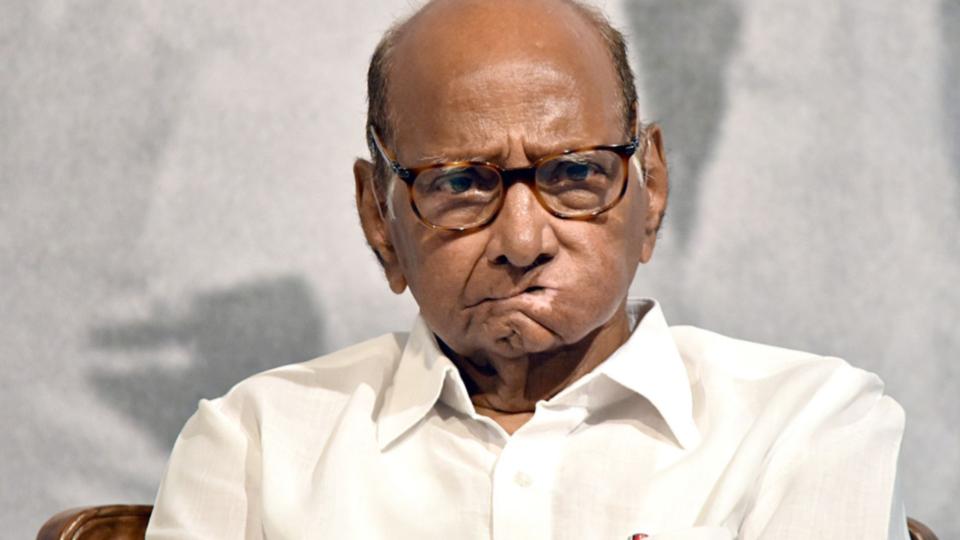


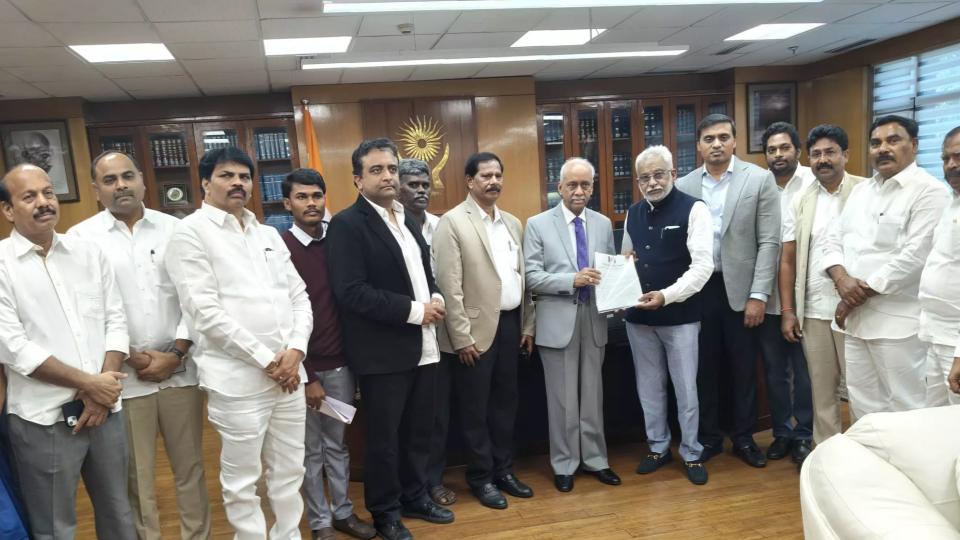


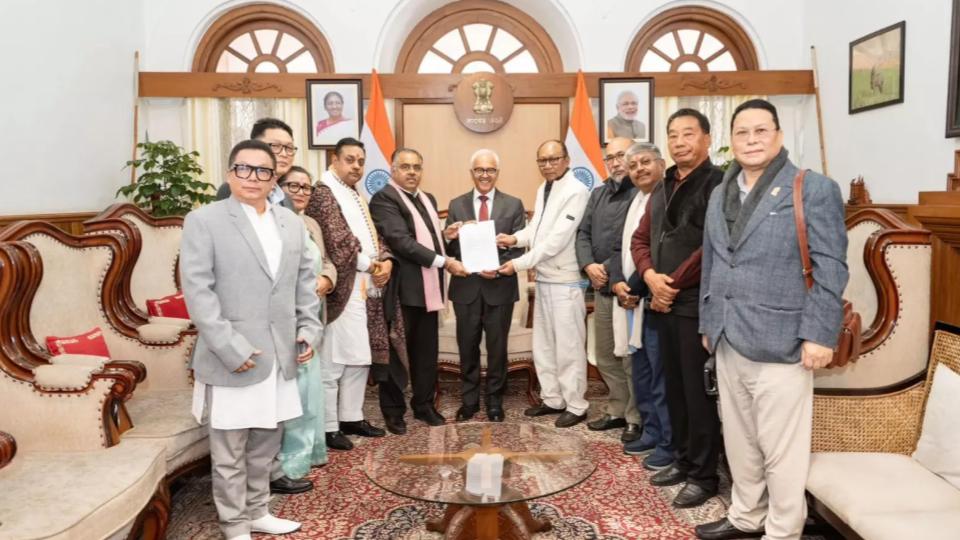
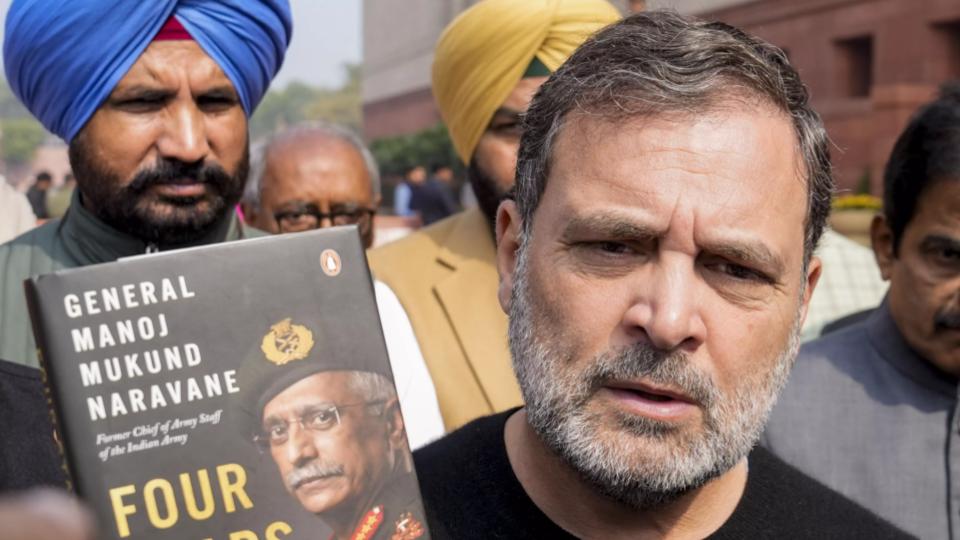







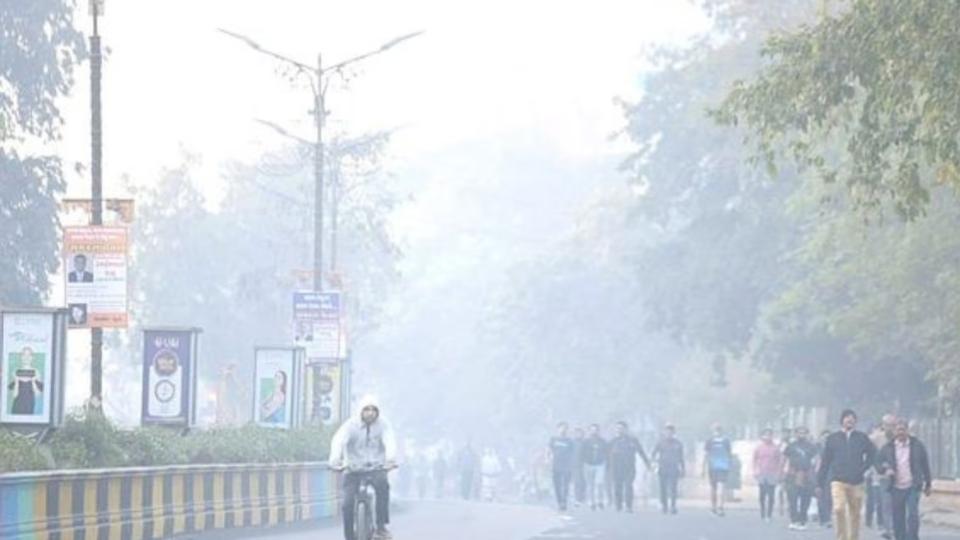

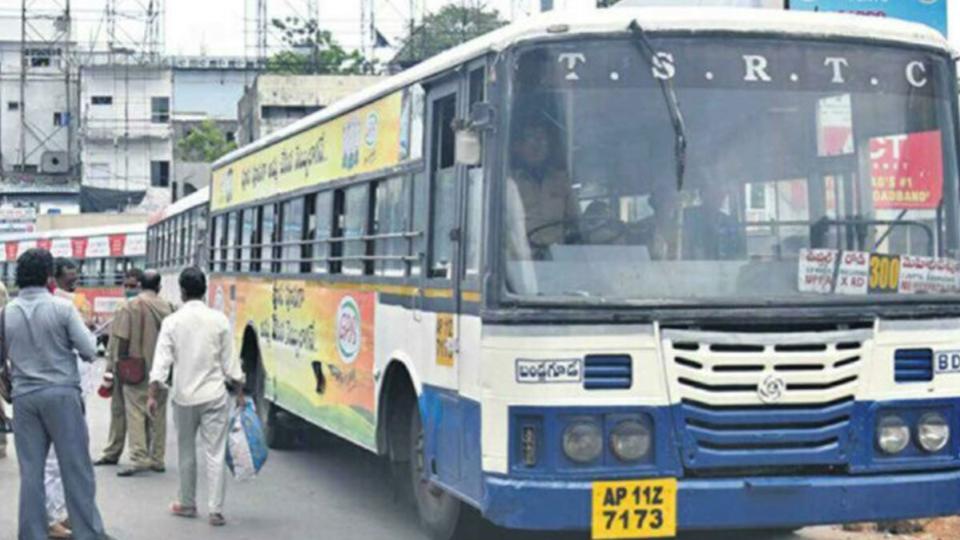

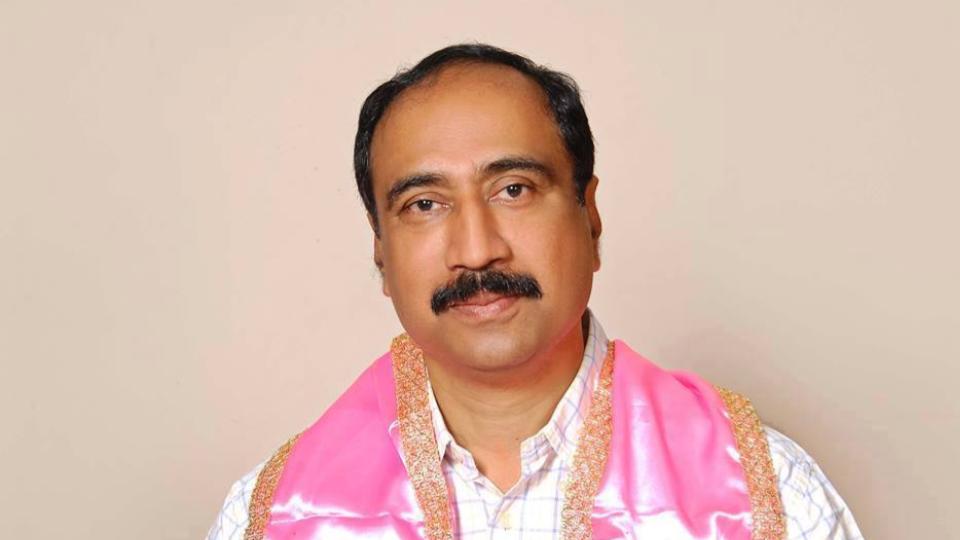


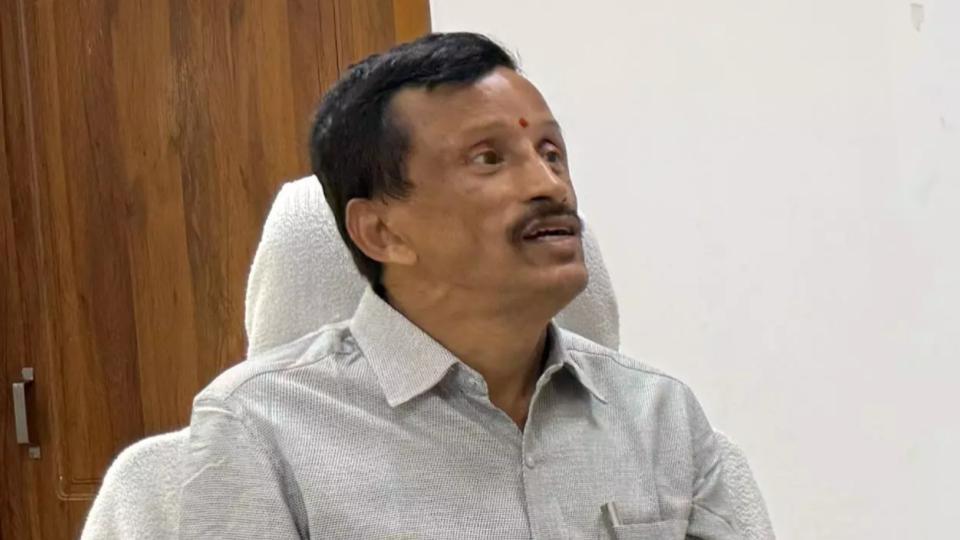












.jpg)
.jpg)
.jpg)


